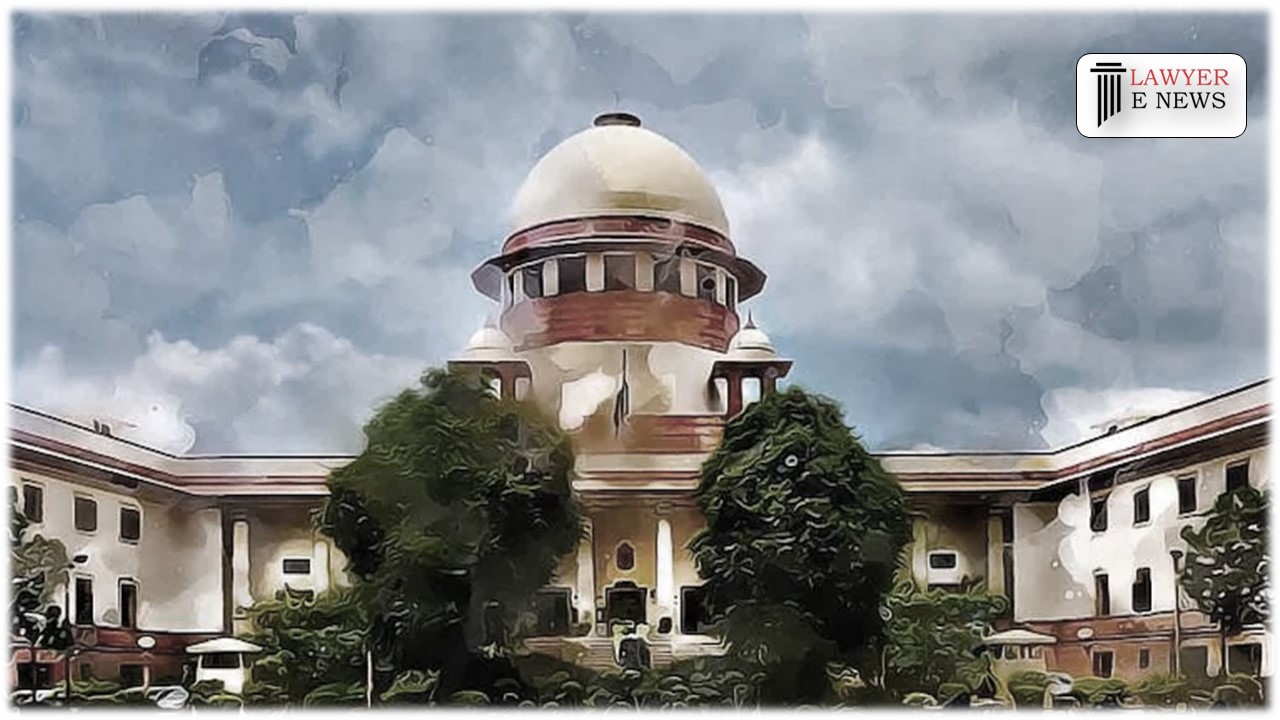-
by Admin
15 February 2026 5:01 PM



The Supreme Court’s landmark decision in Manikandan v. State By the Inspector of Police delved into the misconduct of police in tutoring witnesses, resulting in the overturning of the murder conviction against the appellants. The judgment is significant for its scrutiny of the police’s role in influencing eyewitness testimony and safeguarding the integrity of judicial processes.
The crux of the case involved the conviction of Manikandan (Accused No.2) in a murder case based on the testimony of witnesses related to the deceased, Balamurugan. The defense highlighted discrepancies in the witnesses’ accounts and accused the police of tutoring them, while also questioning the non-examination of independent witnesses.
Tutoring of Witnesses: The Court observed egregious misconduct by the police, who had “taught” the prosecution witnesses how to give evidence. This act was labeled as a severe misuse of authority and interference with the judicial process.
Integrity of Eyewitness Accounts: Due to police intervention, the Court dismissed the testimonies of the tutored witnesses, citing doubts about their reliability.
Exclusion of Independent Testimonies: The failure of the prosecution to examine independent eyewitnesses led the Court to infer negatively against the case presented.
Allocation of Doubt: Given the substantial uncertainty cast on the prosecution’s narrative, the appellants were granted the benefit of doubt.
Consideration of Time Served: The Court noted the appellants had already served more than ten years in incarceration before being released on bail.
Decision: The Supreme Court’s decision acquitted the appellants of all charges, emphasizing the significant role of law enforcement in upholding the integrity of the criminal justice system. The judgment also mandated an inquiry into the conduct of the police officers involved and called for appropriate action against those found guilty of misconduct.
Date of Decision: April 5, 2024
Manikandan v. State By the Inspector of Police
